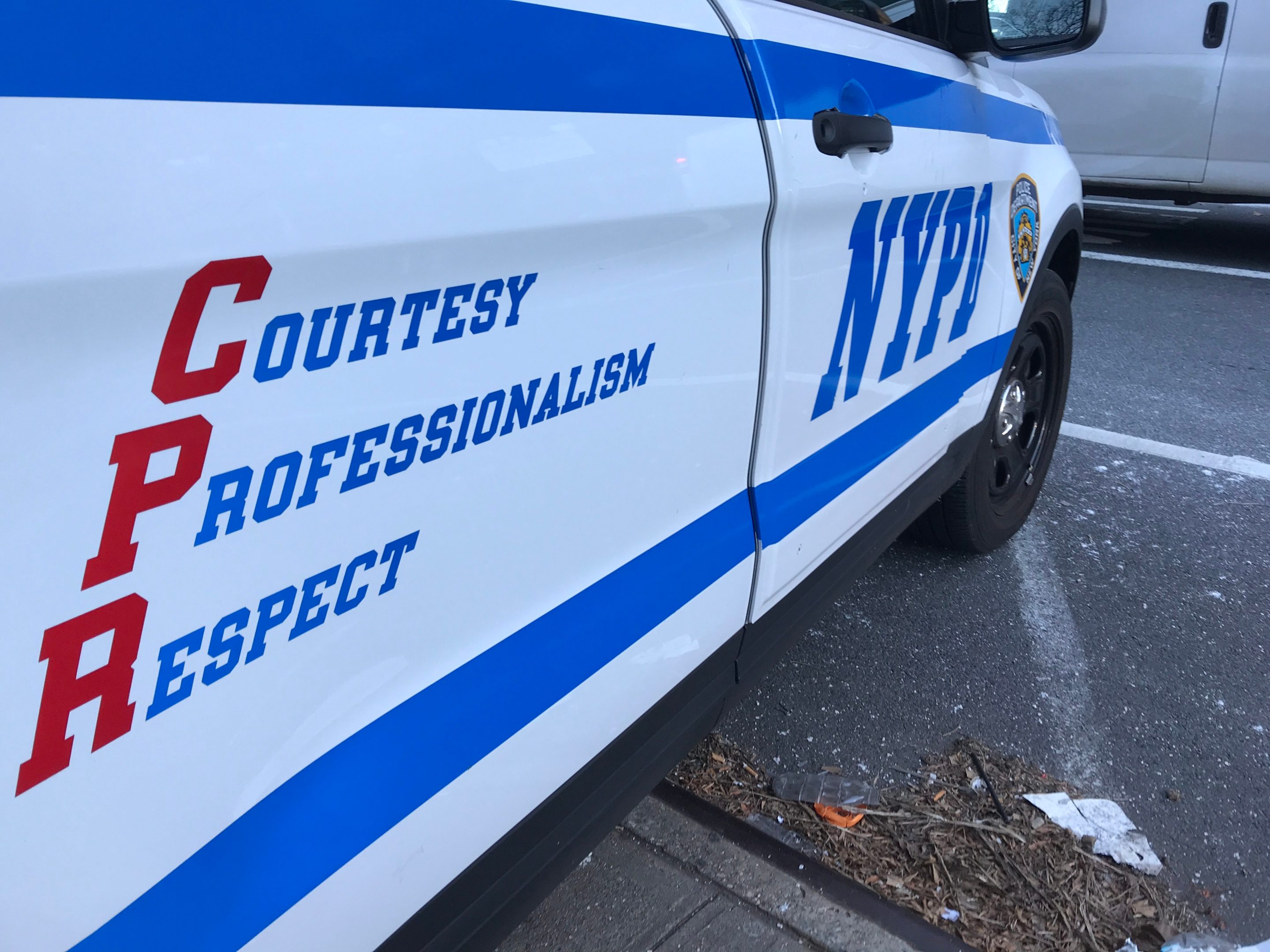An Upper East Side pedestrian was run down by a driver who was going in reverse to get a parking space on E. 91st Street on Tuesday, police said.
According to the NYPD, Mei Zhuan, 64, "entered the street behind a late model Audi SUV that was attempting to reverse into a parking spot" in front of 121 E. 91st St., between Park and Lexington avenues, in the tony Carnegie Hill neighborhood at around 9:20 p.m.
The driver of the SUV hit Zhuan, knocking her to the ground. She was taken to Lenox Hill Hospital, where she died. The driver remained on the scene and was not charged.
"The investigation remains ongoing," police said in a statement.
It is unclear why the driver was not issued a citation given that he or she — police did not release the driver's name — was moving in reverse, which typically puts an even greater legal responsibility on the driver.
According to the National Highway Traffic Safety Administration, more than half a million backing crashes happen each year, causing 30,000 injuries and roughly 300 deaths. Many of these crashes could have been avoided if the drivers were more aware of the dangers of driving in reverse and knew the appropriate techniques to offset the hazards, said Tony Douglas, president and CEO of Smith System, a driver training course.
"Backing crashes are one of the most common because drivers tend to let their guard down when driving in reverse," said Douglas said recently. "Since they're not traveling at a high rate of speed, drivers often lose their focus, and focus is always critical for safety. Backing and parking are moments when drivers need to focus their full attention on the driving environment."
The NHTSA report stated that drivers of vehicles with high back ends such as an Audi SUV have much longer blind spots than drivers of smaller cars.
"Pickup trucks and utility vehicles are overrepresented in backover fatalities and injuries when compared to non-backing traffic injury crashes," the report stated. "In fact, utility vehicles and pickups are involved in an estimated 61 percent of backover fatalities even though they only account for 29 percent of vehicles in non-backing traffic injury crashes."






